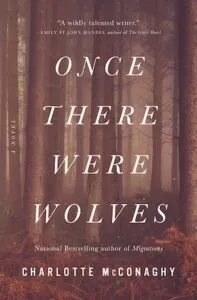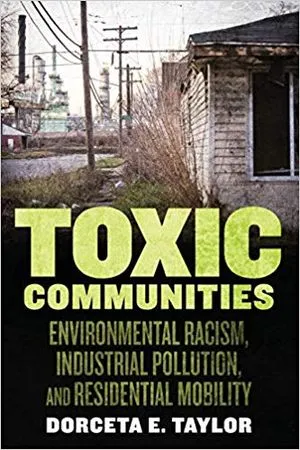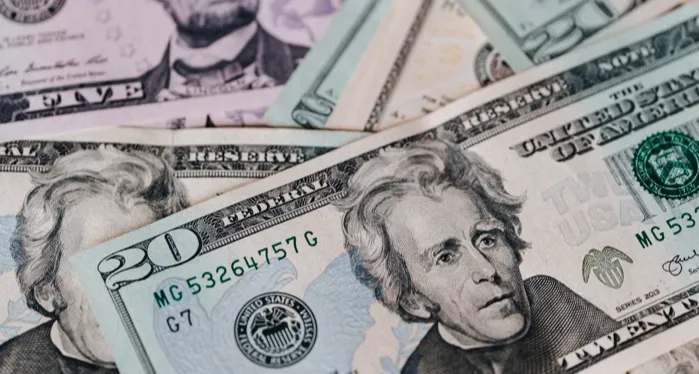
10 Books at the Intersection of Climate Change and Capitalism
When talking about climate change, we cannot ignore the impact capitalism has had on our planet. Just 100 companies are responsible for 71% of greenhouse gas emissions – and those companies hold immense political power. Many economists, corporations, and politicians claim that most proposed climate reforms would damage economic interests in the United States and beyond, while other economists have shown that some of these reforms would actually help the economy in the long run. Others claim that capitalism can be an agent for positive environmental reform, but environmental justice advocates would argue that is demonstrably untrue based on observations of the last couple hundred years. Adding in the impact of colonialism, racism, and classism further dirties the waters.
These questions and issues are not easy, but here are ten books to help you understand the relationship between climate change and capitalism in the United States.
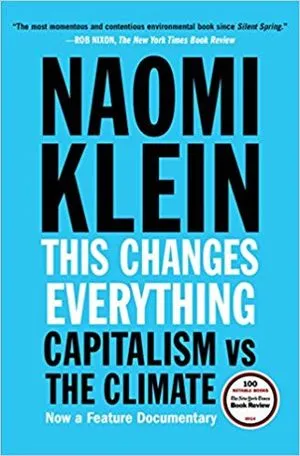
This Changes Everything: Capitalism vs. The Climate by Naomi Klein
This book begins with a perfect image to describe our circumstances: that of a plane with its wheels sunk four inches into the tarmac because of the heat. But that is not a grim future; it happened in 2012. Naomi Klein urges us to do something big and fast in order to take control back from the capitalists who are setting our world on fire. She argues that we can’t rely on the systems that got us here to avoid the disaster heading our way. Klein is one of my favorite writers on big issues like this, but if you don’t want to read it there is also a documentary based on the book.
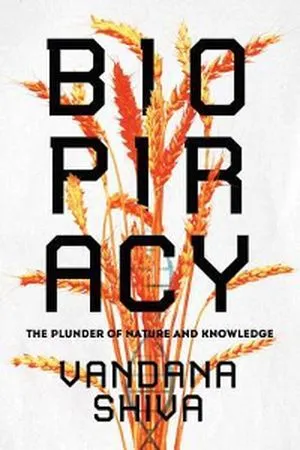
Biopiracy by Vandana Shiva
In preparing this list, I reached out to a professor with this area of interest and she introduced me to Vandana Shiva, among others. I could probably do a whole list just of Shiva’s work, but Biopiracy is a great place to start and takes a different angle from most of the other books in this category. Shiva claims “life itself is being colonized” and sounds the alarm on the way we’re allowing corporations to expropriate the natural resources and processes that should belong to the people, not to business.
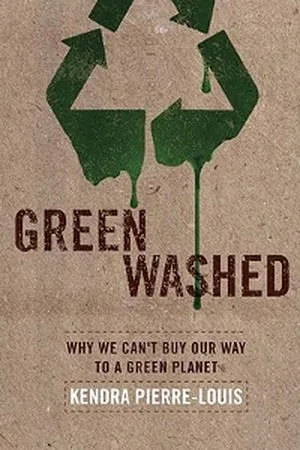
Green Washed: Why We Can’t Buy Our Way to a Green Planet by Kendra Pierre-Louis
If you’re like me, you use reusable water bottles when you can, carry your shopping bags into the store with you, and have studied what exactly is recyclable so you can adjust your buying habits. But is that enough? Kendra Pierre-Louis says it’s a start but consumers cannot simply buy our way to sustainability.
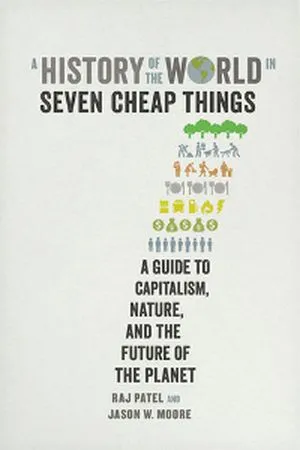
A History of the World in Seven Cheap Things: A Guide to Capitalism, Nature, and the Future of the Planet by Raj Patel and Jason W. Moore
An exploration of how capitalism puts a price on the seven things that shape our world: nature, money, work, care, food, energy, and lives. This book argues that by making these things cheap, our commerce system has transformed (destroyed?) our planet. If you find some of these books too academic or dense, I should point out that an overwhelming number of reviews call this one “highly readable.”
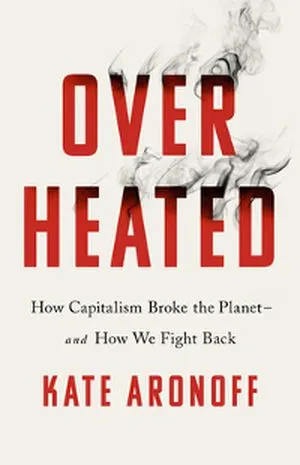
Overheated: How Capitalism Broke the Planet — And How We Fight Back by Kate Aronoff
When asking for writers like Naomi Klein, Kate Aronoff’s name came up several times. This book primarily takes aim at the fossil fuel industry, arguing that its current state is “incompatible with a living future.” She rails against the beliefs held by many economists and pro-business politicians that climate change can be solved through the market.
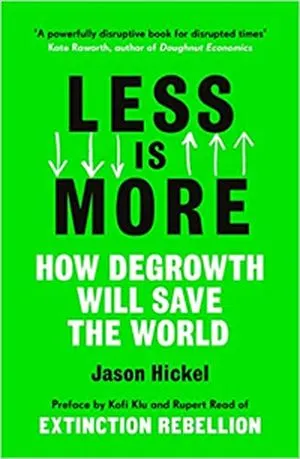
Less is More: How Degrowth Will Save the World by Jason Hickel
In this book, Hickel makes the bold claim that only degrowth can avoid climate breakdown, challenging the current mindset of growth for growth’s sake. He takes us through the last 500 years of how capitalism has shaped our ecology and the deeply-rooted cultural beliefs that need to be challenged if we’re to hope for a better future.
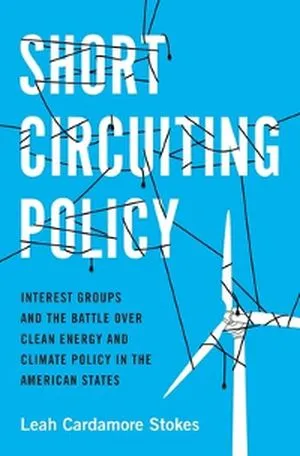
Short Circuiting Policy: Interest Groups and the Battle Over Clean Energy and Climate Policy in the American States by Leah Cardamore Stokes
For many, clean energy seems to be the most important element in fighting climate change. This books showcases how the fossil fuel and energy industries have delayed and even rolled back laws meant to promote the development and adoption of clean energy. She explains how these institutions have encouraged climate denial and delayed action through everything from PR campaigns to court battles and lobbying.
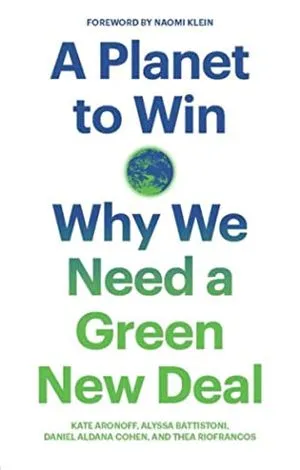
A Planet to Win: Why We Need a Green New Deal by Kate Aronoff, Alyssa Battistoni, Daniel Aldana Cohen, and Thea Riofrancos
To be completely honest, I almost passed on this book due the lackluster cover design (I know!) but that foreword from Naomi Klein and a picture of Alexandria Ocasio-Cortez drew me in. As much as we would like to dream everyone will do whatever it takes to save our planet, realists know that in order to get majority American support solutions will need to be economically viable. This book lays out concrete first steps to “protect our planet and uplift our communities.”
Toxic Communities: Environmental Racism, Industrial Pollution, and Residential Mobility by Dorceta Taylor
In my city, there is a poor neighborhood at the intersection of two major highways with very high rates of respiratory afflictions. It is far from the only low-income neighborhood that has been dumped on. This book talks about poor and minority neighborhoods all over the country that suffer from environmental racism and explores the social mechanisms behind this burden of environmental racism.

Want by Cindy Pon
A young adult science fiction book is probably not what you expected when you started reading this list, but this is the book that made me as passionate as I am about climate change and began my cli-fi addiction. In a society where the elite are able to buy longer lives through expensive technology, a group of teens seek to take down the corporation driving most of the inequality.
If you’re interested in learning more about the intersection of capitalism and climate change, I hope you’ll take a look at some of these books and let me know if I missed any of your favorites.
- Hopepunk Featuring Creative Solutions to the Climate Crisis
- There Is No Environmental Literature Without Indigenous Authors
- 9 Mysteries With Environment and Conservation Themes
- Middle Grade Fiction About the Environment
- Books About Sustainability and Nature
- 8 Queer Books That Explore Place, Nature & The Environment
- Of Women and Nature: Novels with an Ecofeminist Bent
- 9 Eye-Opening Memoirs About Nature and the Environment
- A Brief Guide to Ecofiction by BIPOC Authors


